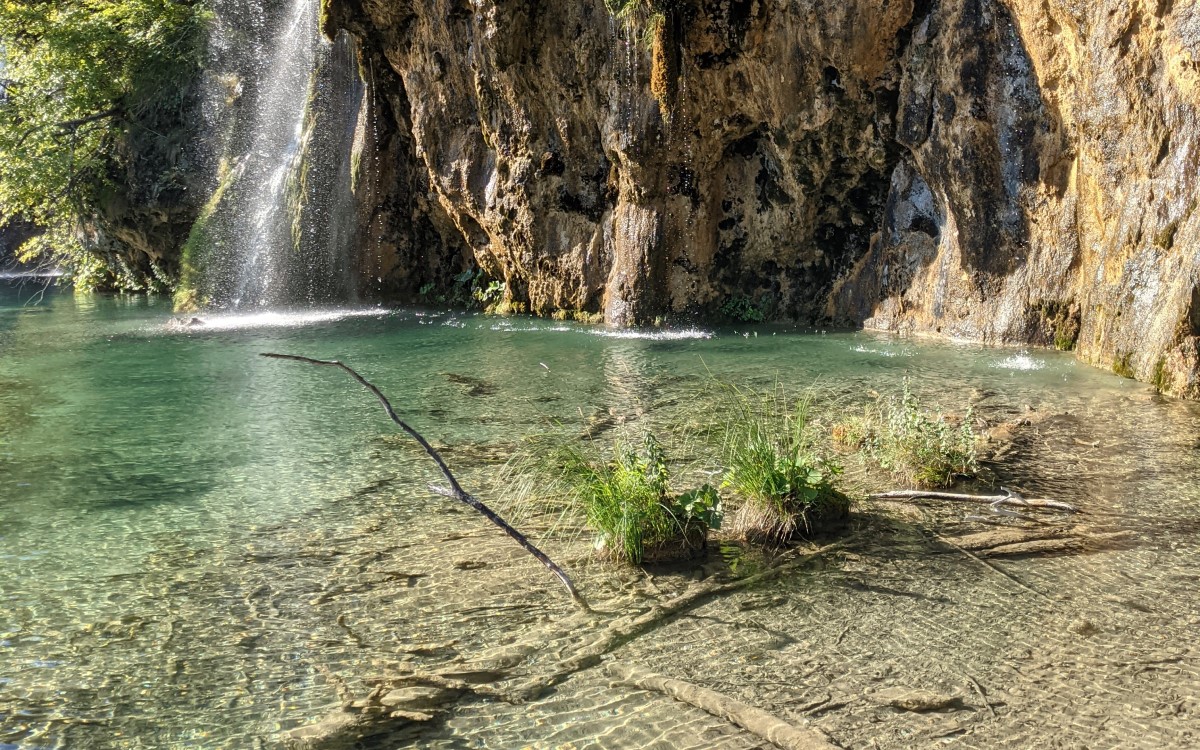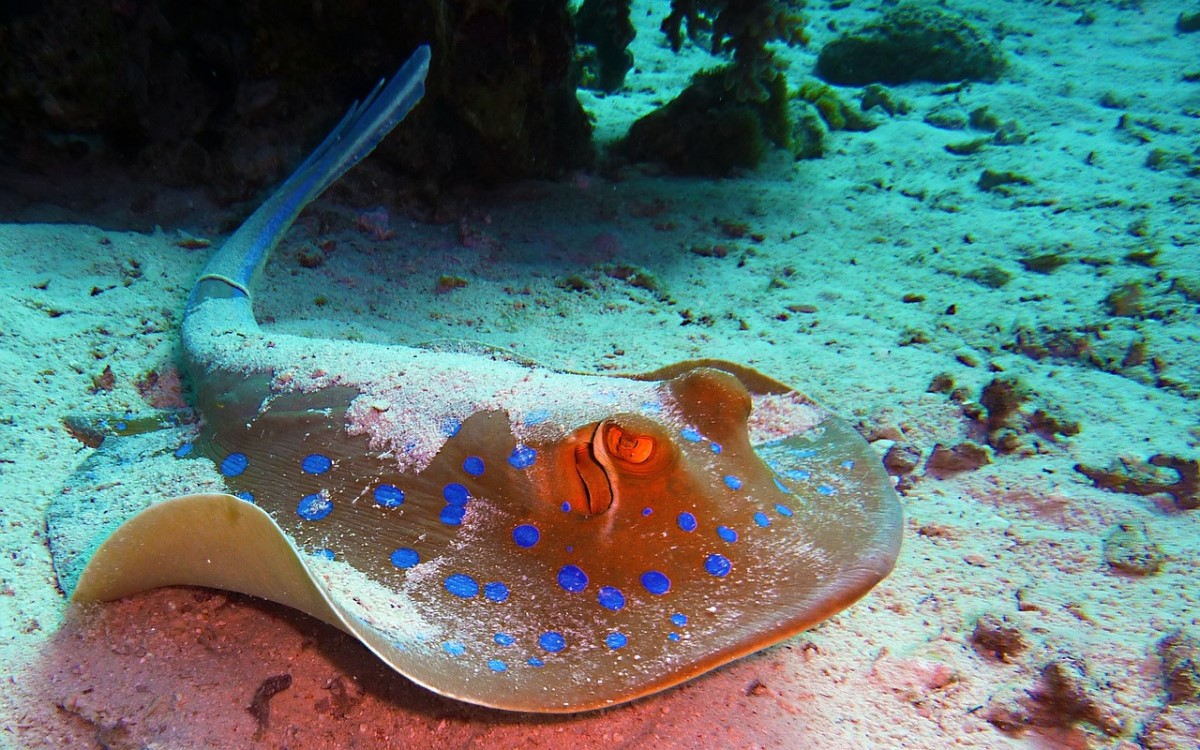Europe is facing many water security challenges concerning the quality and availability of freshwater resources. Water scarcity is no longer limited to the Mediterranean area, but highly challenges the countries of Central Europe. Disruptive flood events, on the other hand, pose another threat to many locations. Despite strong policy and regulatory frameworks, robust institutions and large amounts of money invested so far, European countries have not yet achieved the objectives they had set themselves in terms of sustainable water management. Almost five years past the initial deadline, only 40% of European surface waters meet the quality standards that were supposed to be achieved by 2015.
Nature-based solutions, coupled with "manmade" technology, can be a powerful tool to overcome the risk of floods and water scarcity as well as to improve water quality. For example, forests can filter water before it percolates to the ground; wetlands and retention ponds help treating wastewater and recharging aquifers; and so on. However, these nature-based solutions must be financed.
The report Investing in Nature for European Water Security aims at identifying the roles that nature-based solutions can play to tackle water security challenges, extracting knowledge from the on-the-ground experiences with projects that have already been realized, and formulating recommendations on the needs of further activities in this field.
The full report is here available.
European water security needs investments in nature-based solutions
Kategorie: Publications
Thema: Water Solutions
Autor: Jonas Völker
Das könnte Sie auch interessieren:
Passende Firmen zum Thema:
Publikationen
Sie möchten die gwf Wasser + Abwasser testen
Bestellen Sie Ihr kostenloses Probeheft
Überzeugen Sie sich selbst: Gerne senden wir Ihnen die gwf Wasser + Abwasser kostenlos und unverbindlich zur Probe!







